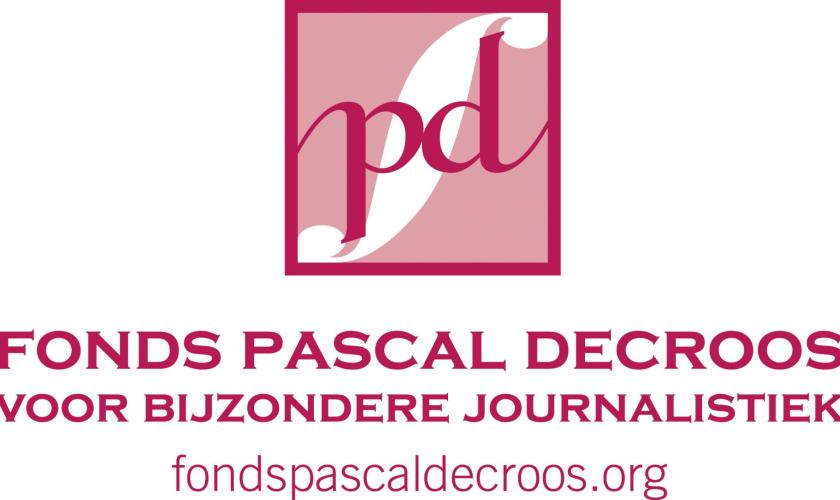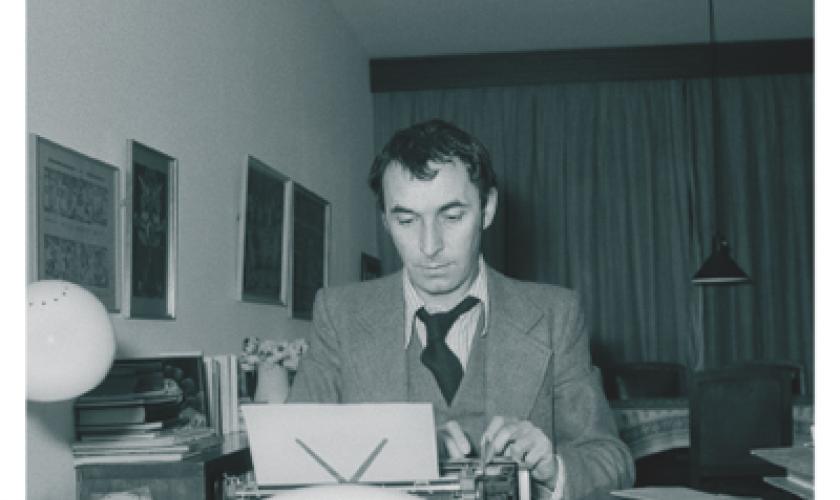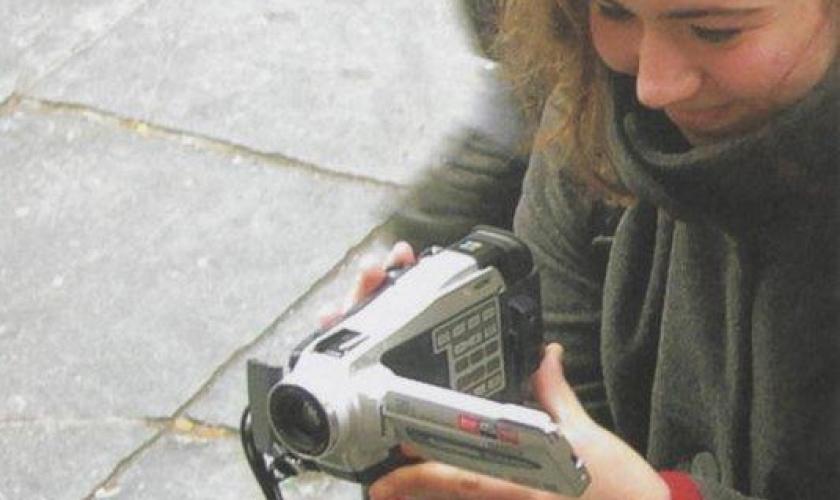RIGA - As independent journalism declines in Latvia and Lithuania, two investigative journalists in Latvia, Inga Springe and Arta Giga, launched the first-ever non-profit investigative center in the Baltics.
Media outlets in Latvia and Lithuania were among the worst hit by the global economic crisis. First, media outlets in the two countries lost about half of their advertising revenue in 2009. Then, the doubling of local taxes on newspapers came as another major blow. As a result, the weakened media is feeling the squeeze on its independent and investigative reporting by the powerful political and business interests. Hidden advertising has become commonplace across the board, as have unconfirmed or single-opinion reports.
Last year, the Organization for Security and Cooperation in Europe (OSCE) expressed deep concerns about Latvia’s declining freedom of the press, and the American watchdog Freedom House dropped Latvia’s and Lithuania’s rankings significantly.
In August of 2011 group of journalists from Lithuania, Estonia and the U.S. launched the Latvian-based Baltic Center for Investigative Journalism. The new Center started its operations in August and is currently working on three journalism projects: the analysis of donors to Latvian political parties during the current parliament election campaigns; off-shore companies and banking in the Baltics; and Russia’s “soft power” in the Baltics.
The Baltic Center for Investigative Journalism: Mission and Goals
To perform long-term, in-depth cross-border investigations of socially important issues, with a focus on topics involving corruption, crime, finances, entrepreneurship, health and human rights. The Center’s main focus will be corruption and lack of transparency at the higher structures of power: justice system, law enforcement, political parties and other major public institutions.
To inform broader international audiences about the Baltic region’s political, financial and social environment.
To analyze and explain to the local audiences how the Baltic states are seen in the international arena.
To bring new, innovative and often cost-saving computer-assisted reporting (CAR) practices to the Baltic region that has virtually no experience with such data collection and processing, including mapping and crowd sourcing. The Center will teach a regular, first-ever CAR seminars for journalists through University of Latvia.....
BCIJ will be based at the Department of Communications Studies at the University of Latvia. The Center’s director, Inga Springe is teaching investigative reporting and CAR courses at the university.
Founder and Director Inga Springe worked as an investigative journalist at the leading Latvian daily newspaper Diena for six years. As a researcher in one of the poorest countries in the E.U., Springe's topics included organized crime, corruption and smuggling. As a result of her investigations, several public officials were punished for violating the rules and, on account of her work, changes were introduced to the Latvian legislation. In 2010/2011 Springe was a Fulbright/Humphrey program fellow studying journalism in the University of Maryland and completed professional affiliations at the leading investigative journalism publications, including Washington Post, Mother Jones magazine, and The Center for Public Integrity.





